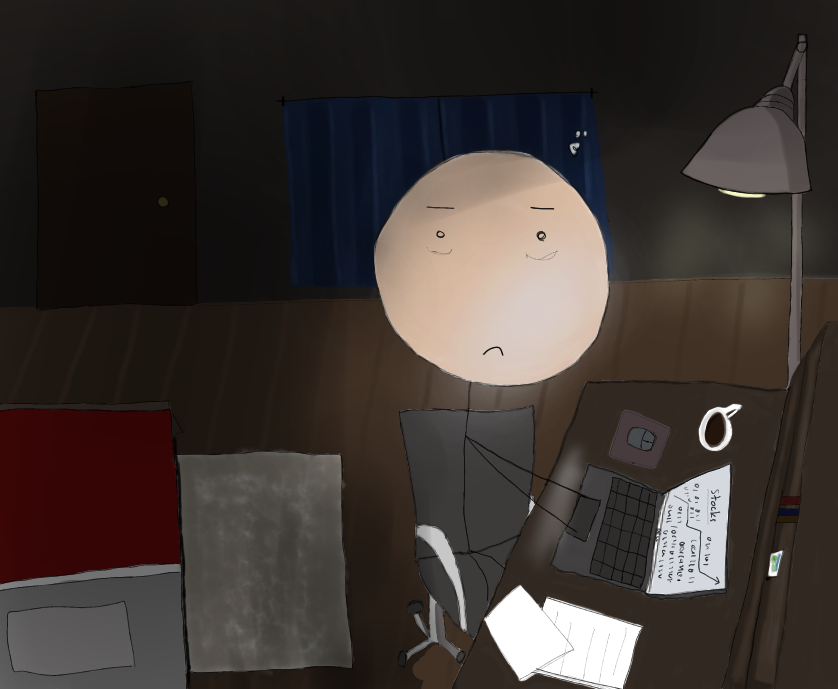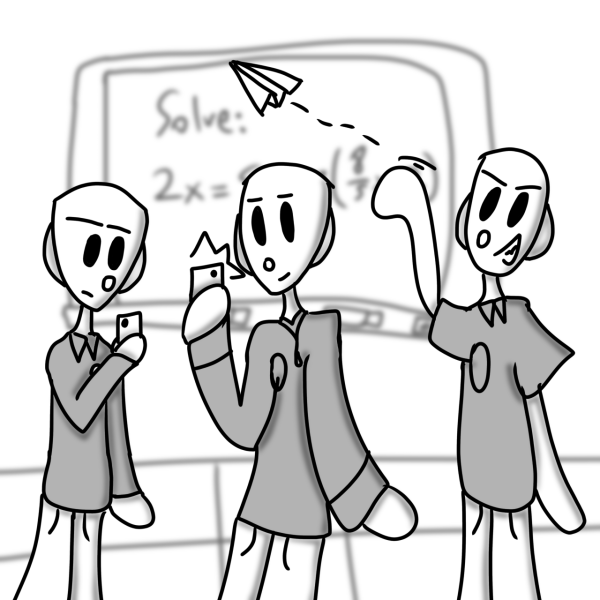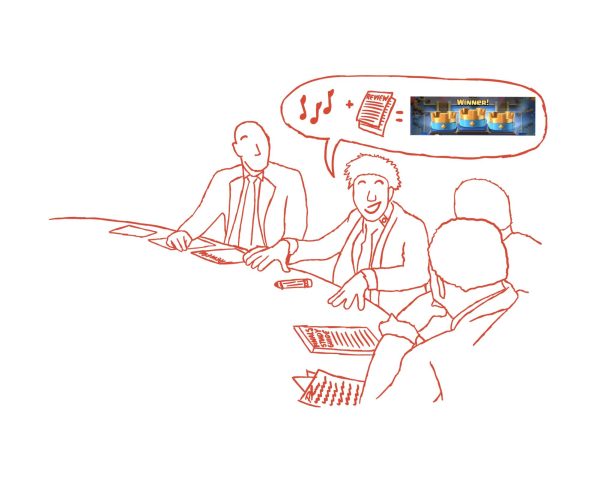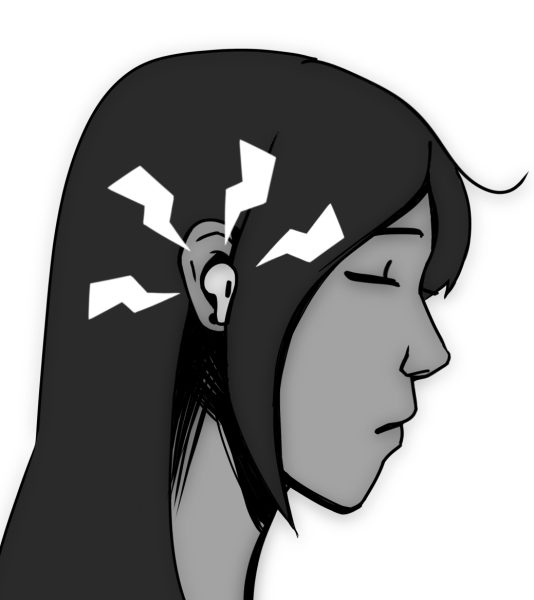Tired isn’t not trying
It’s time to demoralize working to death
Recently, a trend has been circulating on TikTok in which users utilize emojis to outline their daily schedules to the song “Human” by Rag’n’Bone Man. The overarching theme of this trend is to showcase the exhausting daily cycle of modern teenagers—and even adults—that still results in comments such as “You’re so lazy” or “You’re always so tired.” It seems utterly ridiculous for one to conclude that an individual who spends seven hours a day at school, another two plus hours at club meetings or sports practice, and the remaining hours of the merely 24-hour day doing homework could ever be considered lazy. Nonetheless, it is a reality. The deep-seated issue with such a reality ultimately lies with the normalization of a “work to death” culture and a growing negative stigma around sporadic intervals of rest and relaxation. Thus, how could anyone be expected to feel comfortable taking a break when the voice in their head is telling them that a break from work means a break from such a “reliable” daily cycle?
It is challenging to comprehend the issue of working oneself to death when it is constantly glorified and celebrated to never stop moving. For instance, it is only becoming increasingly clear that companies actually profit from normalizing this attitude, from Gatorade’s slogan “Is It in you?” to Samsung’s “Do what you can’t” and even Dunkin’s “American runs on Dunkin.” Such a statement may seem dramatic, but not realizing how harmful these exploitative slogans are is part of the problem, too. It has always been viewed as positive reinforcement to tell another to push themselves and to dig deep inside themselves to surpass limits, as that is the only way to see success. However, the reality is that constantly feeding his notion to people that they always need to be doing better and always need to be on the move—which is only that much better if that entails buying a cheap coffee—is incredibly toxic. Schoolwork is no different; the expectation that students must always work at their fullest potential and still appear energized and eager for more at every given moment is doubtlessly unrealistic. With even social media pushing an inauthentic aesthetic of productivity that completely cuts out periods of procrastination (or relaxation), it is time to stop not urging people to do, do, do and instead start listening to see if what is truly “in” them is just the need for a literal break.
Poet J.B. wrote that, “We shouldn’t be this kind of tied at our age.” In its most basic form, this tiredness is complete mental exhaustion from working so hard to avoid being labeled as lazy. It also stems from the hope not to be excluded from the various support systems only available to those who ignore their health and personal happiness while running on cheap, artificial fuel marketed not for human benefit but for economic benefit. The answer lies in the realization that being tired doesn’t mean not trying. It means that although there is so much emphasis on working to succeed, there is no advertising or explanation of the fact that in order to succeed, rest is required. From school to a 9-to-5 job, no one deserves to feel unproductive or sluggish for not desiring death.
Your donation will support the student journalists of Saint Viator High School. Your contribution will allow us to purchase equipment and cover our annual website hosting costs.








